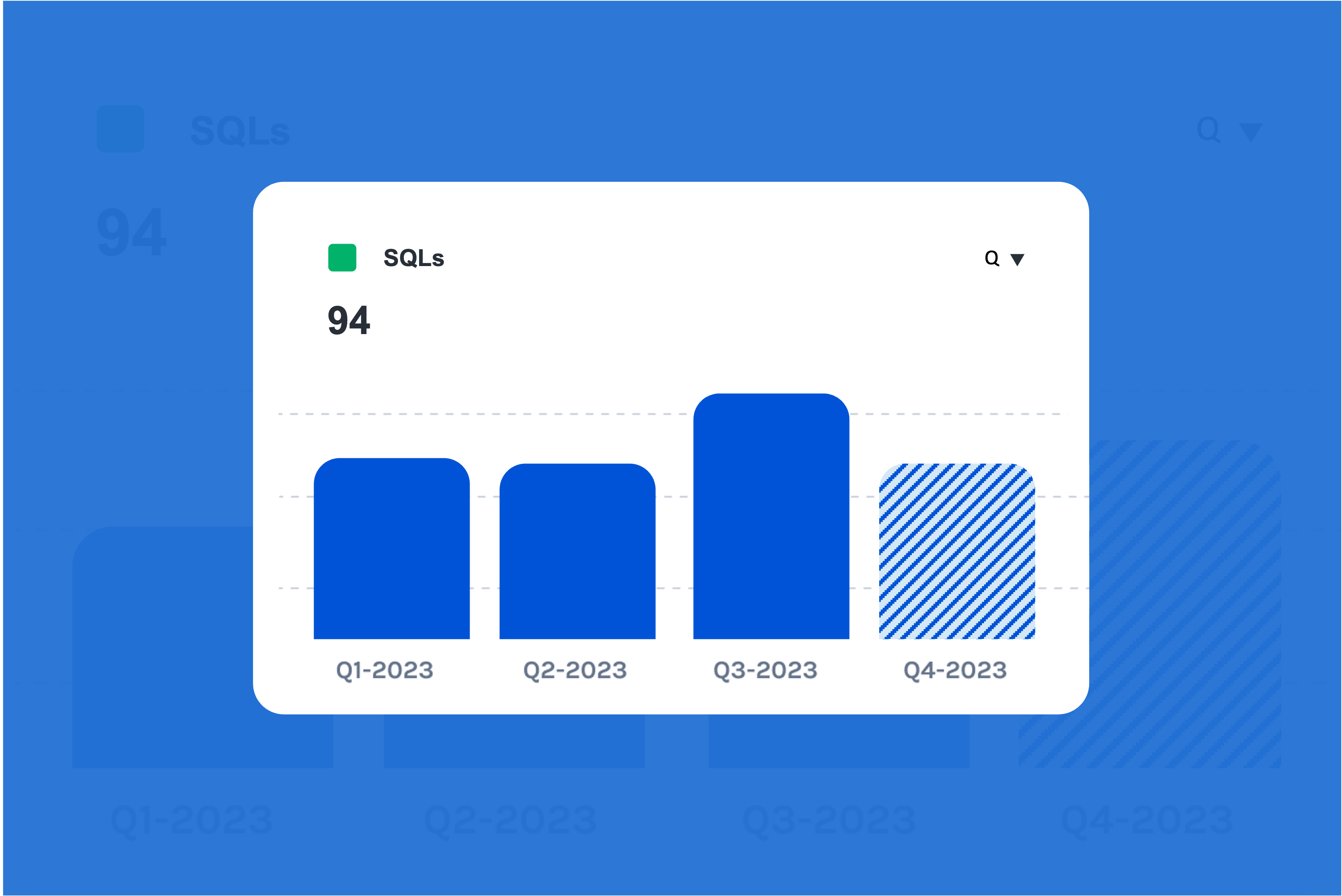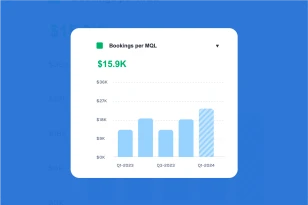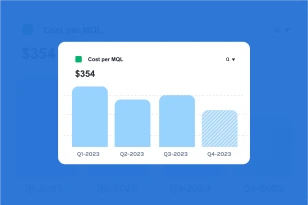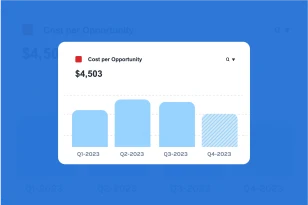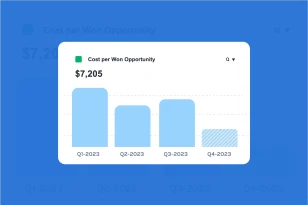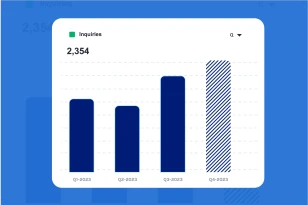What are SQLs?
SQLs, or Sales Qualified Leads, represent leads that have undergone a comprehensive evaluation by the sales team and have been deemed ready for direct sales engagement. These leads have typically met specific criteria that indicate a strong potential to convert into paying customers. SQLs are a crucial stage in the lead qualification process, marking the point where sales teams take the reins to drive the conversion process forward.
Why is it important to monitor SQLs?
Monitoring SQLs is essential for businesses as it signifies the transition from marketing to sales and highlights leads that have been thoroughly qualified and are ready for direct sales interactions. By tracking SQLs, companies can optimize their sales efforts, prioritize high-potential opportunities, and ensure that the sales team’s time and resources are invested in leads most likely to convert. This enhances the efficiency of the sales process and maximizes the chances of revenue generation.
How do you calculate SQLs?
The calculation of SQLs involves the sales team’s assessment of leads based on predefined criteria for sales qualification. SQLs are counted based on the number of leads that meet these criteria and have been accepted by the sales team as qualified for direct sales engagement.
How can I increase SQLs?
- Refine SQL Criteria: Regularly review and refine the criteria for SQLs to ensure they align closely with your ideal customer profile. This enhances the quality of leads passed to the sales team.
- Lead Scoring: Implement a lead scoring system to prioritize SQLs based on their potential value and likelihood of conversion. This ensures that sales teams focus their efforts on the most promising opportunities.
- Sales and Marketing Collaboration: Foster strong communication and alignment between your marketing and sales teams to ensure both teams have a shared understanding of SQL criteria and expectations.
- Personalized Engagement: Provide personalized outreach and tailored content to SQLs, addressing their specific needs and preferences, to facilitate successful conversion.
- Feedback Loop: Establish a feedback loop between marketing and sales teams to continuously refine SQL criteria and improve the lead handoff process.
By effectively monitoring and optimizing SQLs, businesses can streamline their sales process, improve lead conversion rates, and ultimately drive revenue growth and business success.
